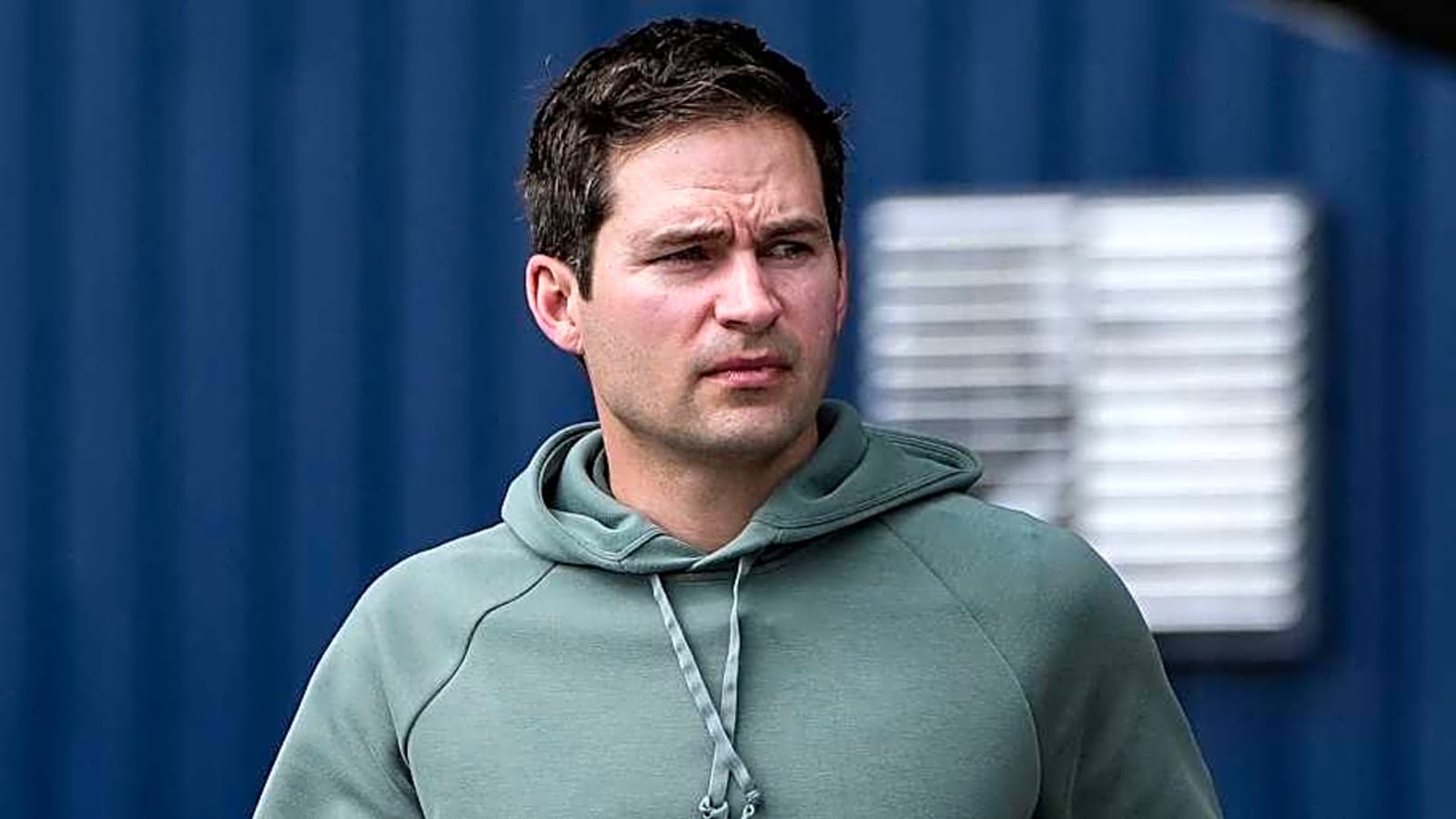
The Detroit Tigers are in the middle of the kind of collapse which would re-write the history books, leading the Cleveland Guardians by 15.5 games over the summer and now just one singular game clear going into the last week of the season.
In worse news, the Tigers have to travel to Cleveland this week for a three-game set which is likely going to decide the division. With the Guardians as hot as can be and Detroit, of course, falling stunningly ice cold, it's tough to be extremely confident walking into their ballpark with so much on the line.
If the Tigers do, in fact, squander things away and even fail to make the playoffs, it would be the kind of stunning botch job that will have many calling for jobs to be lost. It would be the largest surrendered division lead in baseball history, and it will have happened largely due to a horrific September in which the team simply ran out of gas.
Though there would be a ton of blame to go around, including, of course, the players on the field, it's tough to argue that anyone but the president of baseball operations, Scott Harris, deserves to wear this one on the chin more so than anyone else.
Scott Harris Operated Too Cautiously at Trade Deadline For Tigers
Harris had himself a team with the best record in the American League for a significant majority of the first half of the year, but it was apparent to anyone who watched that they needed real help.
While he certainly deserves flowers for the Kyle Finnegan acquisition, it's tough to argue that any of the other moves have made a positive impact here down the stretch.
This fact was punctuated by the weekend DFA of aging veteran Charlie Morton, who they acquired at the last second of the deadline. To make that move look even worse, they parted ways with now Washington Nationals breakout star PJ Poulin to create a spot for Morton.
Getting rid of Morton is just the latest sign of the failure that was the end of July for Harris.
Paul Sewald has been a disaster over his first two appearances with the team, and while Rafael Montero has not been bad, Chris Paddack certainly was before Detroit moved him to the bullpen.
The larger issue, though, is the complete lack of moves for a lineup for which a second-half regression was extremely predictable.
Tigers Offense Has Been Second Half Disaster
In the first half of the season, numerous guys were having career seasons, including the resurgence from Javier Baez as well as the sudden breakout for Zach McKinstry.
Rather than adding to that lineup with more pieces at the deadline, Harris did not plan for the regression, and it looks like the team is going to pay as a result.
Since the All-Star break, Detroit is 20th in baseball both in runs scored and team OPS, even ranking outside the top-20 in terms of hits. Without the kind of pitching needed to carry a bad offense, it's not much of a wonder why things have been so bad in the win-loss column.
Whether or not Harris could have added a difference-making bat without giving up top prospects cannot be known, but as the Tigers continue to struggle and at times look completely helpless, it's hard to understand why he for the most part stood pat at the deadline.
If Detroit really does finish off this collapse, Harris is going to have some extremely difficult questions to answer, not only to just the fans and media, but also to his methodology in building a winning roster.
The Tigers will have six more chances this week to prove his strategy correct, but time is running out.
More must-reads:
- Cal Raleigh not guaranteed MVP despite historic season
- Biggest Yankees wild cards: Three players who could change team's postseason trajectory
- The 'Switch-hitter single-season HR leaders' quiz
Breaking News
Trending News
Customize Your Newsletter
 +
+
Get the latest news and rumors, customized to your favorite sports and teams. Emailed daily. Always free!








